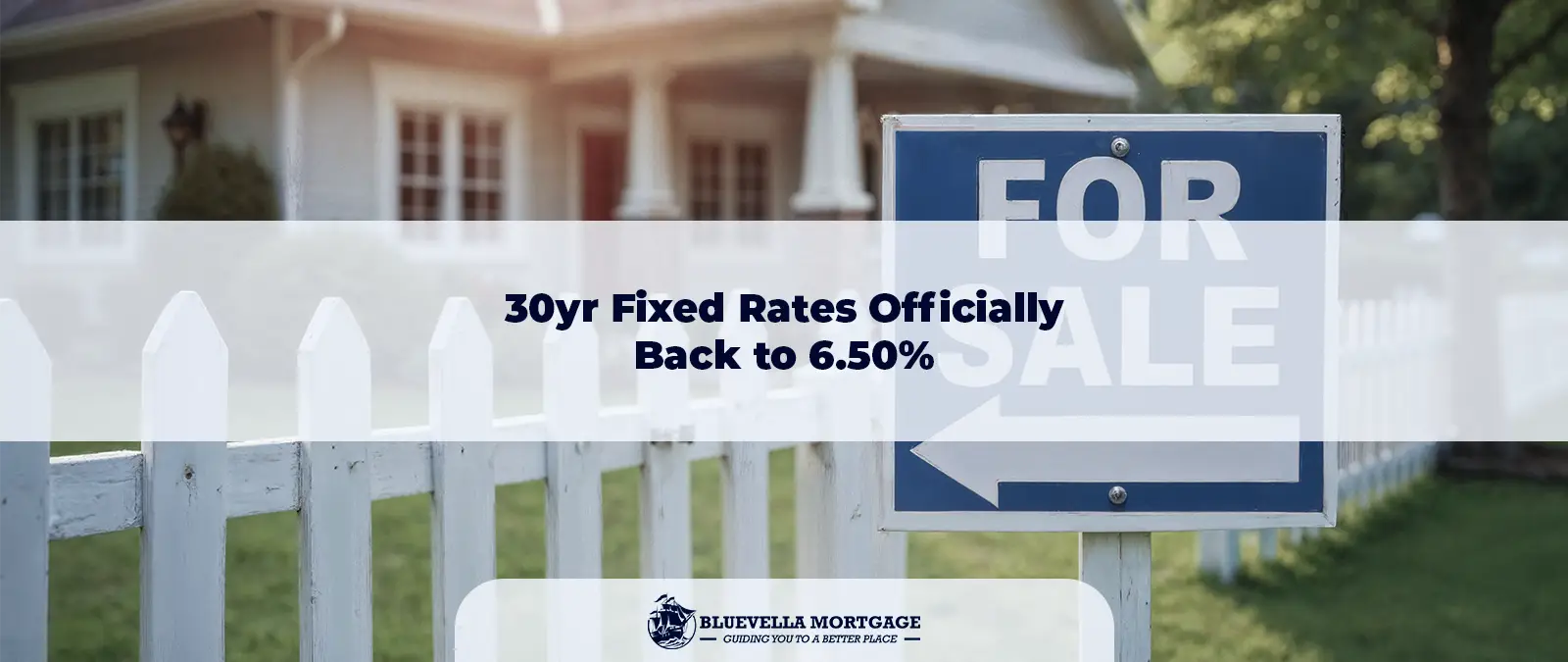Deferred Action for Childhood Arrivals (DACA) recipients, also known as Dreamers, face unique challenges when it comes to buying a home. While they are allowed to work and live in the United States without fear of deportation, their immigration status can affect their ability to purchase a home. In this article, we will explore the options and challenges Deferred Action for Childhood Arrivals recipients face when trying to buy a home.
Options for DACA Recipients
- Conventional Mortgages: DACA recipients may qualify for conventional mortgages, but they will need to meet the lender’s credit and income requirements.
- FHA Mortgages: The Federal Housing Administration (FHA) offers mortgages to Deferred Action for Childhood Arrivals recipients with a valid Employment Authorization Document (EAD).
- State and Local Programs: Some states and local governments offer homeownership programs specifically for Deferred Action for Childhood Arrivals recipients.
Challenges Faced by DACA Recipients
- Income and Credit Requirements: DACA recipients may face difficulties meeting the income and credit requirements for mortgage approval.
- Limited Access to Financing: Some lenders may be hesitant to approve mortgages for Deferred Action for Childhood Arrivals recipients due to their uncertain immigration status. However, we at Pilgrims Mortgage have helped many Deferred Action for Childhood Arrivals recipients secure a mortgage.
- Higher Interest Rates: Deferred Action for Childhood Arrivals recipients may be charged higher interest rates or fees due to their immigration status.
Conclusion
While buying a home can be challenging for DACA recipients, it is not impossible. Understanding the options and challenges can help Dreamers navigate the process and achieve homeownership. It is essential to work with knowledgeable lenders, real estate agents, and legal experts to ensure a smooth transaction. With the right support, DACA recipients can achieve the American Dream of homeownership.




